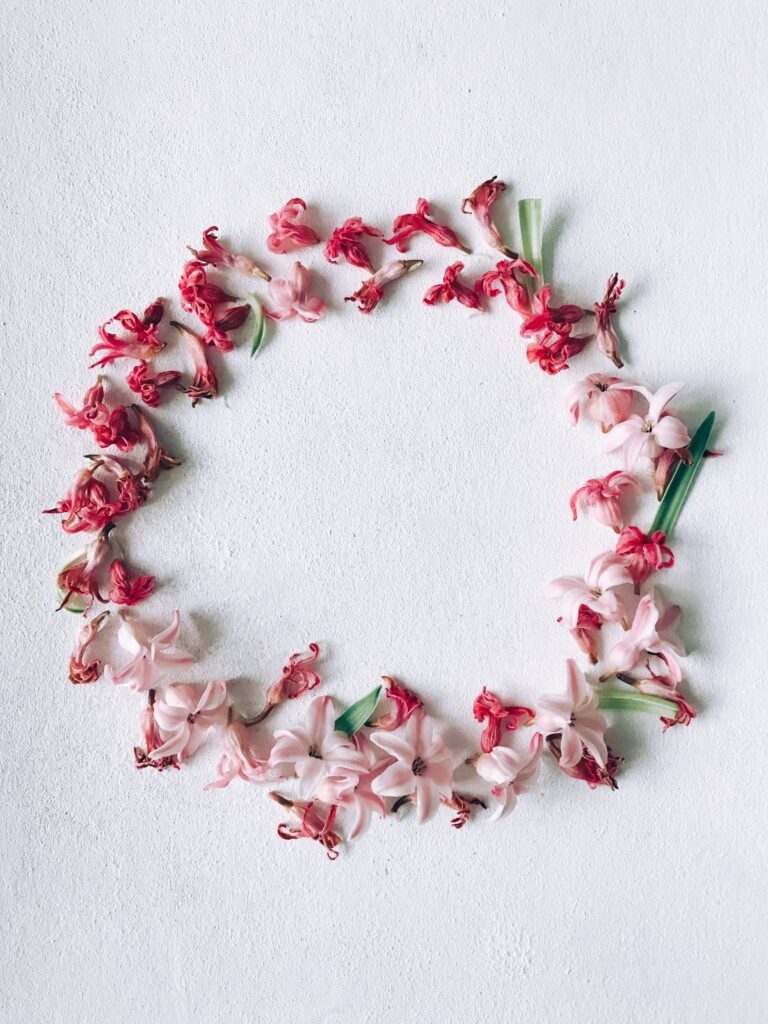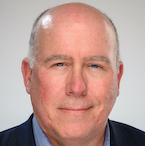by Tehmina Mansoor, Meditation and Mindfulness Coach & Energy Healer
The recent incident in Canada has been really heart breaking and it has brought forth the fear of \’sudden death\’ for many, including myself. Keeping this in mind, I wanted to share how in my journey through depression, even though I was struggling with many different challenges, one of the greatest challenges was the “fear of death”. I battled with countless sleepless nights, because the moment I closed my eyes, the walls of my grave would appear around me and start caving in and that very minute, I would go into panic. Once stuck in this vortex, I would find it very hard to make my way up again. And each time I would fall deeper.
As I write this today my eyes well up with tears. I can feel the same rush of emotions coming back to me: falling, helplessness, deep dark walls – but today I know I am stronger, and I know I will be alright.
I write this today and share my experience in the hope that this might help others.
Death is perhaps one of the most overwhelming realities we have to face in our lives. It disturbs us, not because we want to keep living forever but for the fear of the ‘unknown’. Where will we end up? What will we do – all alone? Will we see our loved ones again? How painful is it going to be leaving them? All these questions start coming to our minds, and there is something inside of us that wants to push them aside. But the truth is, nobody has ever answered these questions, and no one ever will. We just have to learn to live with this reality.
As I learnt to navigate my way through the fear of death, I learnt some profound things along the way which changed my relationship with it.
1. Death is the Best Teacher
The first and most important thing I learnt was that death can be a very good teacher. Perhaps, even the best teacher. We mostly evade the discussion of death, and it is often shunned as a very morbid topic if it ever comes up with friends or family.
However, over the years I have come to learn that in many languages and cultures, death is described as a transition from one state to another. For example, in Urdu, the word “intiqaal” comes from Arabic, which expresses not an end, but rather relocation. And if you think about it, we go through many transitions in our lives: some big, some small, some sudden, some gradual. But at most times we are not very conscious of them. As we continue to grow, we transition from one ‘self’ to another, mostly leaving our old self behind and becoming something new.
This happens in so many ways: experiencing the death of a loved one, the end of a relationship, the loss of work; or even when we turn a new chapter in life – graduating from college, getting married or becoming parents. Each time, it is the ‘old self’ that passes away, and we move onto a ‘new self’. And there is no doubt that each transition in life offers its uncertainty and chaos – but despite all that, each transition has so much to teach us. Whether it is something we were waiting for so long, or whether it was unexpected – each transition in life sculpts us into who we are going to be. Each time we move forward, we are closer to becoming whole, closer to our life’s purpose. As I continued to reflect upon this reality, I started noticing a spaciousness in my heart that helped me become more accepting of change, transition, and even the ultimate transition – death.
2. Life and Death are Inseparable
I learnt that life and death are inseparable; and this is one of the greatest truths of our existence. I understood that life cannot be completely appreciated without death. They complement each other. Just like we would not understand cold without hot, light without dark, young without old. And so how could we understand life without death? How would our worldview change if we could live in this world forever? Would we even want that? Or would we long for something more; something much deeper?
Understanding this truth gave me the power to stop fighting with the fear of death, and instead it gave me the energy to embrace life more fully. This realization also brought me so much peace because gradually I learnt how to live one day at a time. There is no need to worry about the uncertainty of tomorrow. This shift in my perspective gave me so much power that it cannot be described in words. All I know is that it has helped me monumentally and it has made me believe that I will be absolutely fine – in life and death. I now know that when death comes, I will return to where I belong, and that is what matters the most in the end, doesn’t it?
3. The Armor of Gratitude
When this perspective is truly absorbed, it offers the most precious gift – the power of gratitude. I know we keep hearing this word a lot but what does it really mean? I began to realize that what we have at any given time in our lives is actually the only ‘best’ thing for us. We need nothing more and nothing less. It is the exact, perfect thing that exists for us in that moment. And with this feeling and understanding, I started to notice subtle things in life. Things I would never notice before and would take for granted.
The sun light shining through the clouds, and its beauty every morning. The trees full of life, renewing with fresh air every single moment, the breathtaking beauty of fruits, their colors and their flavors, and the simple moments of laughter with friends and family. These simple things in life are nothing short of a miracle. I felt as though the miracles of these things started calling out to me; they began speaking to me in a language I still do not quite comprehend. All I know is that gratitude becomes the single biggest armor against the fear of death – where everything is seen as a blessing, even death itself.
4. The Art of Meditation
How can we really foster this way of thinking? How can we hold these realizations continuously, and truly remember to practice gratitude? The fear of death is a mighty beast and can come back to us again and again – where each time a new transition in life threatens our immediate wellbeing. I have had to repeatedly work on this. And my biggest realization is that there is nothing greater power in the world that can truly and perfectly hold us together than Meditation.
Meditation has been my savior and my greatest companion that has taught me more than I would have ever believed, when I started practicing it. It showed me how to let go of all my fears, and all the inner voices that disturbed me. It helped me let my guard down, when I was fighting incessantly to keep myself safe. And it actually taught me how to find comfort through my fears. Above all, it made me realize that we are so much more than this life and this body. Meditation can show us that death is a companion, not an enemy. If we embrace this truth – life becomes meaningful in so many ways.
In the words of Lao Tzu:
If you realize all things change,
There is nothing you will try to hold on to.
If you are not afraid of dying,
there is nothing you cannot achieve.
About the Author
Tehmina Mansoor is a Meditation and Mindfulness Coach and an Energy Healer, Founder of Be-khudi where she writes, produces and instructs meditations and other mindful content. She does Mindfulness and Meditations coaching and also offers Energy Healing Sessions. For more on this, check Dar-e-Bekhudi Page.



